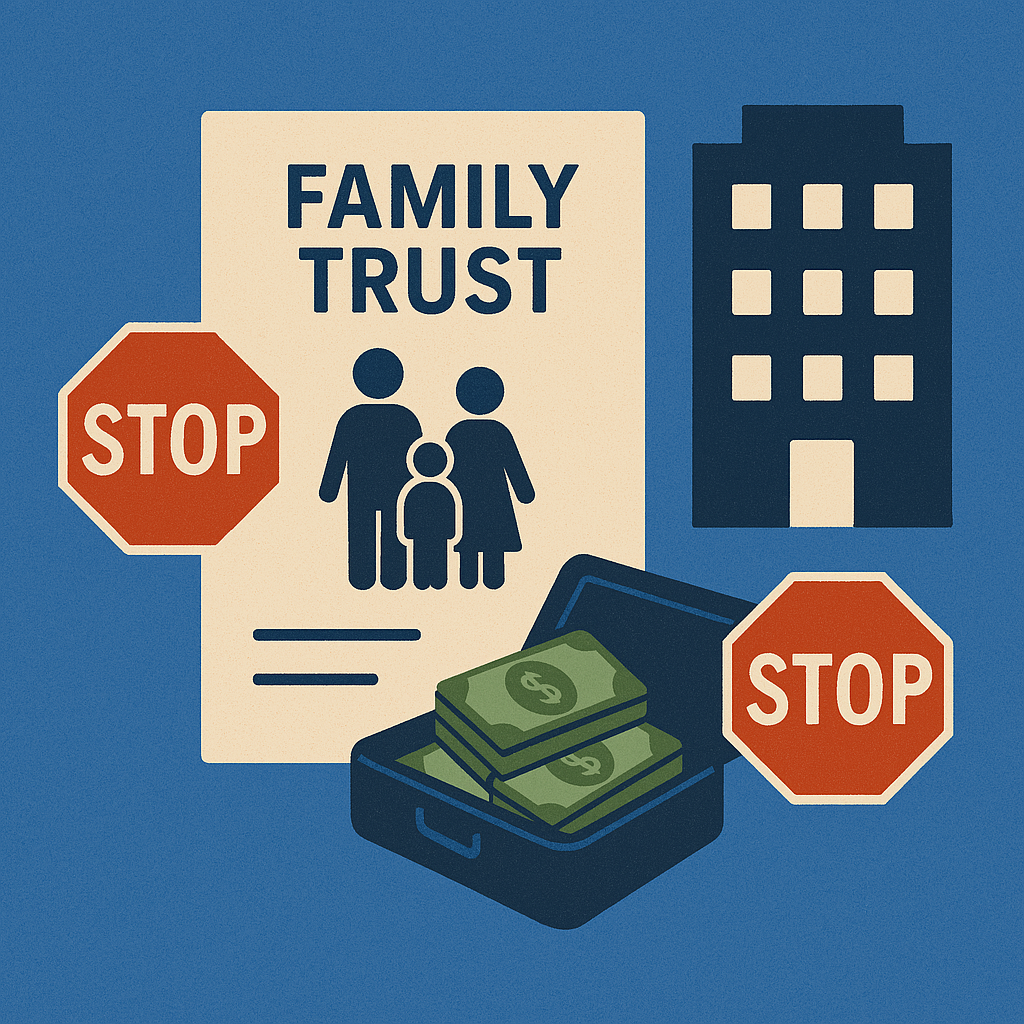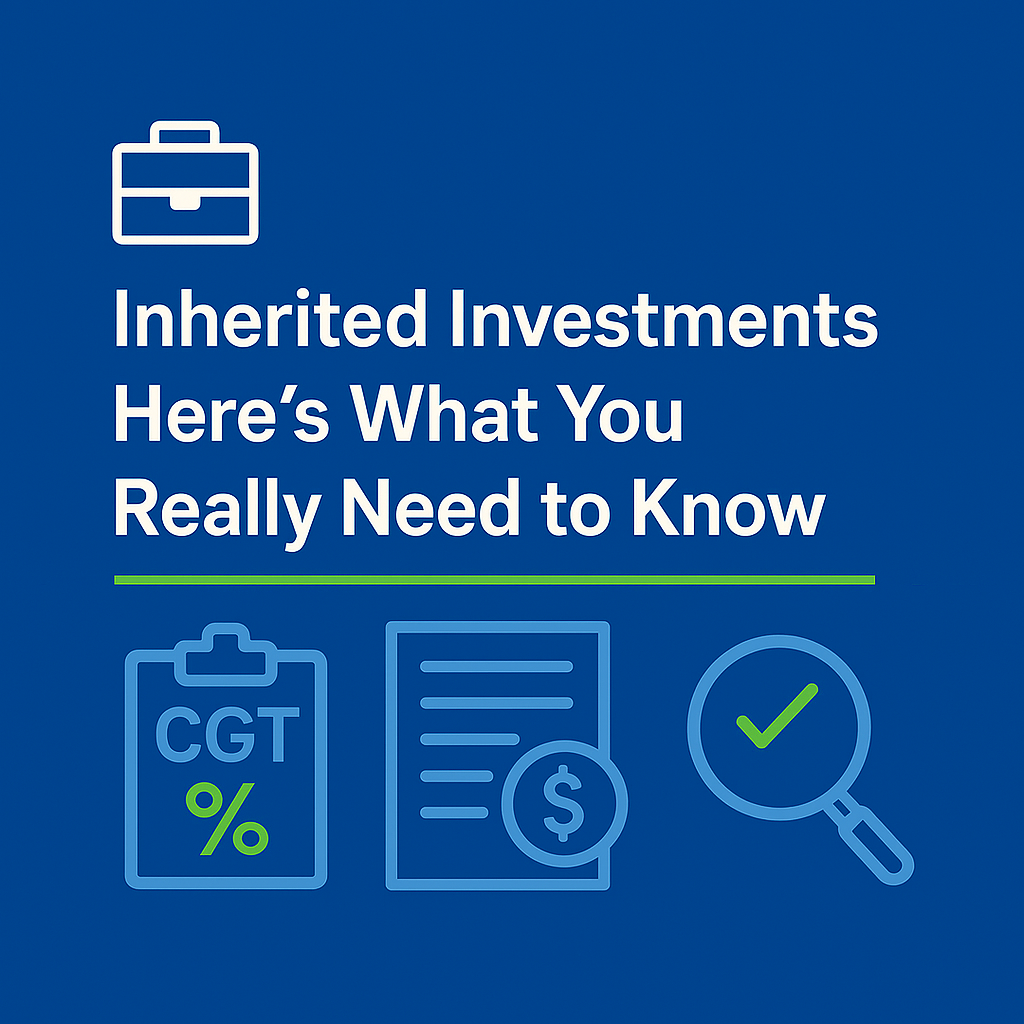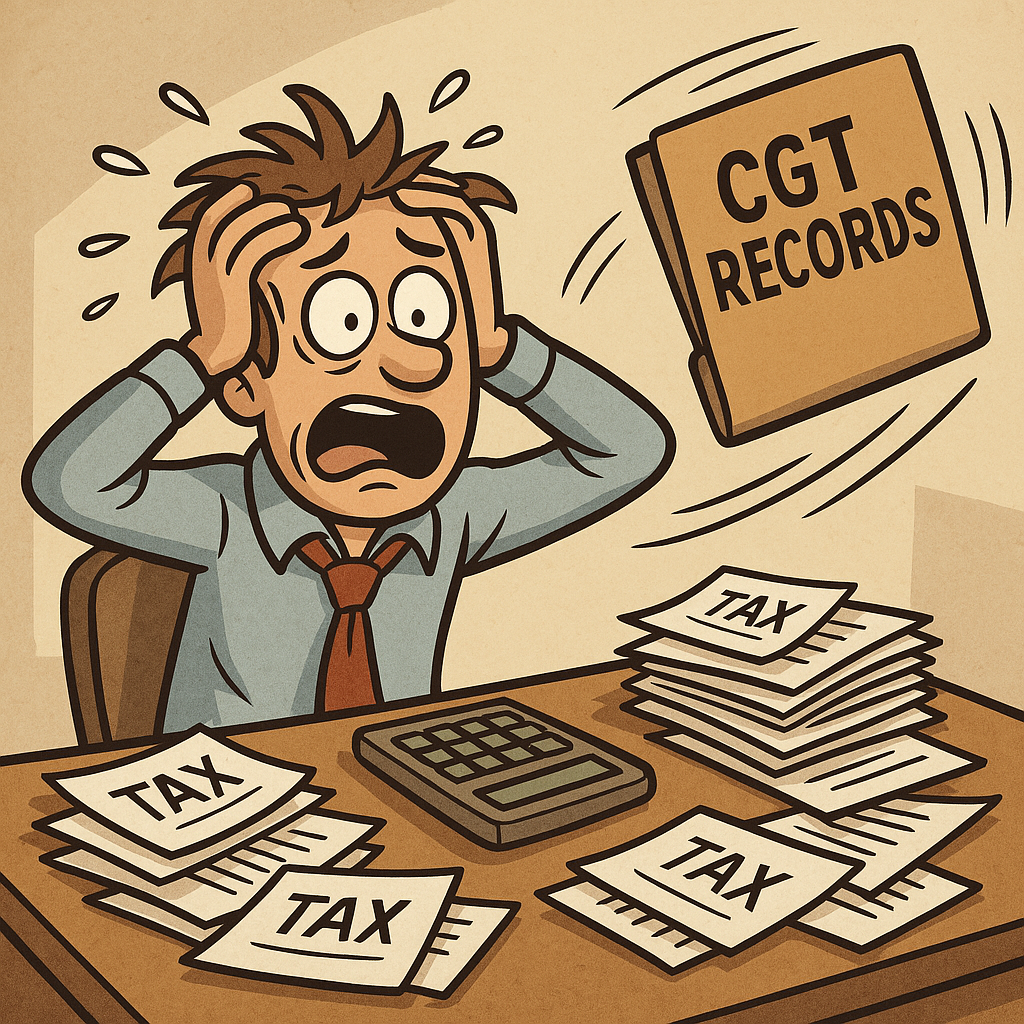Returning to work after retirement
Most people look forward to retirement as it is a chance to finally take time to relax, enjoy life and do things they never had time for when they were working. But sometimes things change and some people feel the urge to return to work. If a return to work is inevitable, it is important to understand the superannuation retirement rules when it comes to working and accessing your superannuation.
Many new retirees find that after a few months the novelty of being on ‘permanent vacation’ starts to wear off. Some people may miss their sense of identity, meaning, and purpose that came with their job, the daily structure it brought to their days, or the social aspect of having co-workers.
In fact, figures from the Australian Bureau of Statistics (ABS) have revealed financial necessity and boredom are the most common factors prompting retirees back into full or part-time employment.
As such, it is not uncommon to want to return to work after retirement, even if only on a part-time or casual basis. Whatever your reasons or motivations might be, there are a range of factors to consider if you wish to return to work depending on your age.
There are three ways in which you can retire, access your superannuation and then return to work, which are summarised below.
1. Retire on or after reaching preservation age
Individuals can retire after reaching their preservation age, ending gainful employment and declaring that they intend never to return to any ‘gainful employment’ for 10 hours or more each week.
It is illegal to access your superannuation with a false declaration of intention so your intention to retire must be genuine at the time. This is why your superannuation fund may require you to sign a declaration stating your intent.
That said, you can return to work while still accessing your superannuation as long as your intention to retire at the specific time was genuine and that you didn’t plan to return to work all along. Your intentions are allowed to change even though you may have retired and have already accessed your superannuation or are receiving age pension payments.
2. Ceasing an employment arrangement after age 60
From age 60, you can stop an employment arrangement (ie, resign from a job) and obtain full access to your superannuation without having to make any declaration about your retirement or future employment intentions.
If you are in this situation, you can return to work without any issues because there was no requirement for you to declare your retirement permanently. For example, you could resign from a job with one employer and start work with a different employer and access your superannuation.
3. Retire after age 65 or older
Once you turn age 65, you can access your superannuation regardless of your work status and do not need to make any declaration about your retirement status. You only need to be retired if you want to access your superannuation before you turn age 65.
Whether you are accessing your superannuation or not, you can return to work at any time.
Your super after returning to work
Regardless of what age category you fall into, you may have taken your superannuation as a lump sum, income stream or a combination of both. If your circumstances change and you return to work, any amounts in your superannuation fund, including any pension payments you may be receiving will remain accessible and can continue to be paid.
However upon recommencing any future employment, any future superannuation contributions and earnings from subsequent employment and any voluntary contributions will remain preserved until a further condition of release is met, such as retirement or reaching age 65.
Impact on age pension
If you are receiving the age pension and decide to return to work, your employment income will count towards Centrelink’s income test which may impact your age pension entitlements.
Having said that, Centrelink has a ‘Work Bonus’ scheme which reduces the amount of your employment income, or eligible self-employment income, which Centrelink applies to your rate of age pension entitlement under the income test. Fortunately, you don’t need to apply for the Work Bonus, rather Centrelink will apply the Work Bonus to your eligible income if you meet all the eligibility requirements. All you need to do is declare your income.
If your intentions or circumstances have changed and you have decided that you would like to return to work, contact us if for a chat about your options.











